By Iyke Bede
Globally, Parkinson’s disease is the fastest-growing neurodegenerative disorder, second only to Alzheimer’s. It affects over 11 million people, with projections rising to more than 17 million by 2050. In a bid to drum up awareness and improve education around the disorder, especially in sub-Saharan Africa where data remains sparse, the Adewunmi Desalu Parkinson’s Foundation recently held an advocacy walk.
The foundation, established in 2022 and inspired by the life of Dr. Adewunmi Desalu, who lived with the disorder for over a decade, is now at the forefront of raising awareness about Parkinson’s disease and advocating for better support systems.
“We decided we didn’t want families to step on the same minefield we stepped on because we didn’t have information on Parkinson’s,” said founder of the Adewunmi Desalu Parkinson’s Foundation, Omorinsojo Desalu.
Parkinson’s disease is a progressive brain disorder that disrupts movement and coordination. It is caused by a gradual loss of dopamine, a chemical the brain needs to send signals that control body movements.
Themed ‘Stride with Strength,’ the fourth edition of the Move4PD campaign served to bridge the information gap that exists across various age demographics. Both young and old participated in the walk, which kicked off from the organisation’s building located in Alaka Estate and ended at the National Stadium.
At the National Stadium, participants, including people living with Parkinson’s, were educated about the disorder, with a focus on how exercise supports dopamine production, a key hormone that diminishes in those affected by the condition. Other physical activities like dancing, boxing, and table tennis were also incorporated into the series of events planned for the day, aptly illustrating how people with Parkinson’s can lead a healthy lifestyle and manage the disorder.
“When somebody has an illness, the mind is still working, and then the social isolation itself can give them depression. At the foundation, we advocate that the patients should go out as much as possible,” Desalu emphasised, underscoring the need to encourage an active lifestyle for people with Parkinson’s.
Nwachukwu Christopher, an individual diagnosed with Parkinson’s, relayed his journey from diagnosis to now identifying with a community that has boosted his confidence and health.
“When I was diagnosed, it felt like it was the end of the world. Getting to the foundation made me feel more confident. I used to hide because I could no longer do what I usually could. It affected my speech. I was struggling and hiding.”
With an impressive turnout, Desalu acknowledged that more work needs to be done in education and information dissemination — not just through their advocacy but through community effort.
“While we are trying to advocate by walking and giving out pamphlets, talking to people, it’s a little. The work, really, is for everyone to share the gospel and let people know that there is something called Parkinson’s.”
She called on the government and well-meaning individuals to continue supporting free access to medication for people living with Parkinson’s, stressing that “no Nigerian earning minimum wage can afford to have Parkinson’s.”



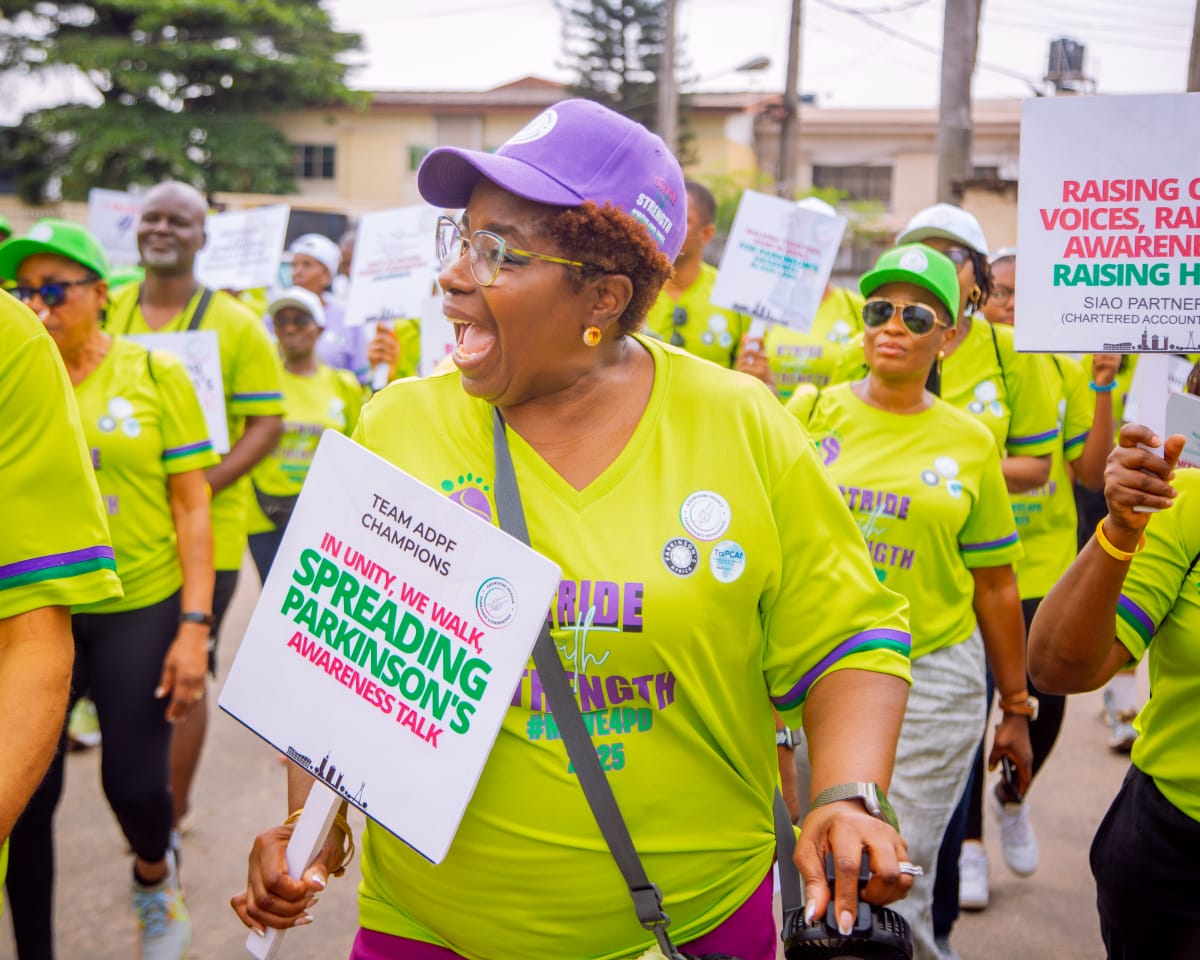


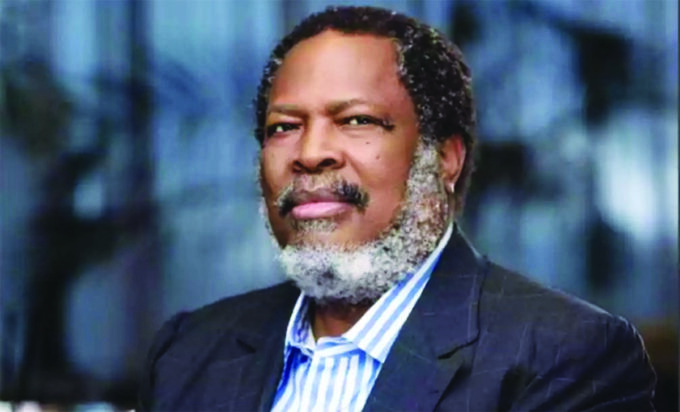
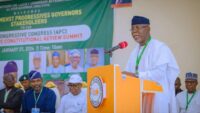

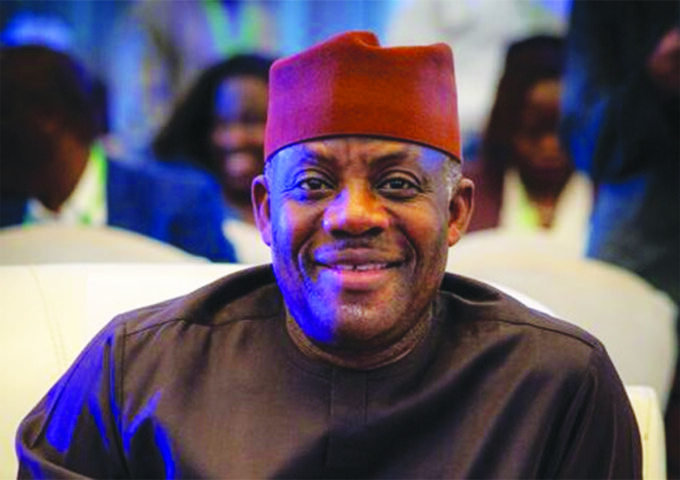
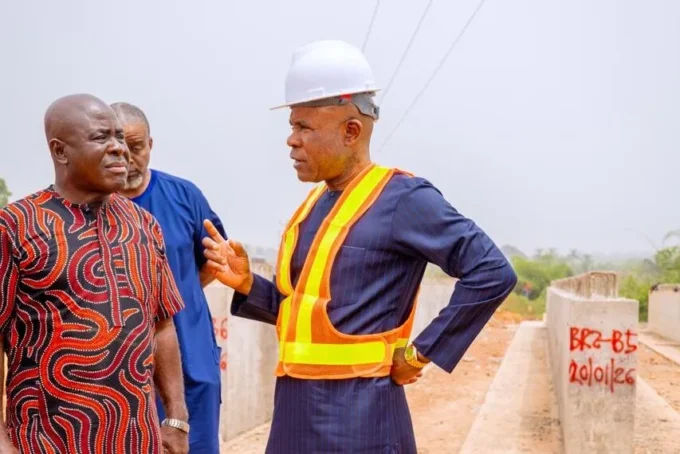
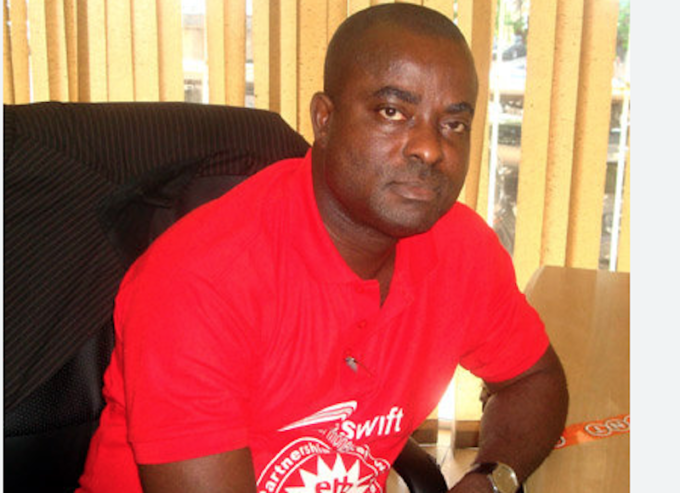





Leave a comment